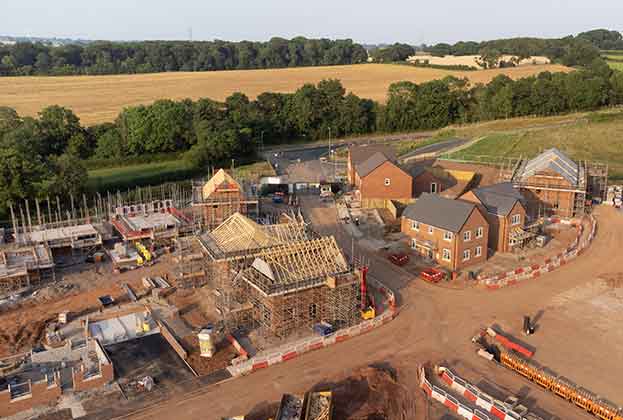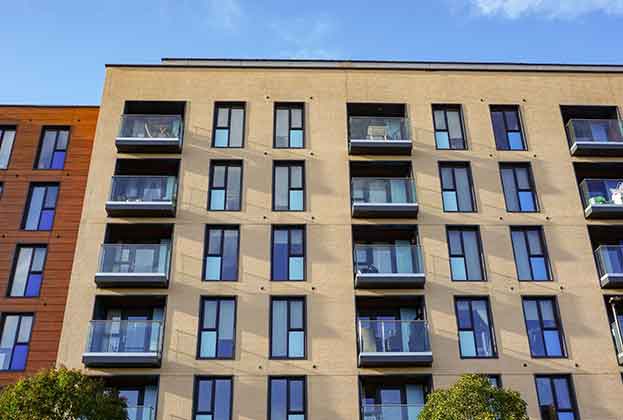The old adage ‘don’t make promises you can’t keep’ rang true in a recent legal dispute over rights of light.
Ottercroft Ltd v Scandia Care Ltd (1) and Rahimain (2) was brought before the Court of Appeal on July 6, 2016. The case involved a dispute between two commercial developers over a property in High Wycombe where the decision was made that the defendant would not build a metal staircase that would obstruct the claimant’s rights of light.
Though the case related to a small development, the issue before the Court was one of major importance for developers, as the matter of good or ‘neighbourly’ behaviour ultimately became a deciding factor in the legal outcome. Having promised both the Court and the claimant that it would not build the structure, the defendant went ahead anyway. This resulted in the judge penalising the defendant, largely due to the fact that it had acted in an ‘un-neighbourly’ manner, rather than for the offending structure itself.
The case is likely to generate a high level of market interest, not just because the case concerns two commercial parties, but because the industry is now aware of the risk that comes with bringing a case to court when there are less than honest intentions.
This is not the first time such a decision has been made. In the case between HKRUK v Heaney in 2010 the High Court awarded a 'commercial to commercial' injunction for similar reasons, further dispelling the myth that the courts tend to be softer on commercial as opposed to residential cases. The result of this case, and of an earlier one in 2008 (Forsyth-Grant v Allen at the Court of Appeal), suggest that this is a trend that will likely continue. There is now enough case law on both sides of a dispute to show that poor practice of developers or adjoining owners will be held against them.
Ultimately, for those appealing a decision at any level, best practice from all parties involved will not only be respected and upheld, but is likely to have a considerable impact on the ruling. While this most recent case does not create any new legal principle or even change established legal opinion, the logic is based on the longstanding legal concept of truthfulness in proceeding.
Simply put, in a rights of light dispute, poor conduct on either side could come back to haunt you should the matter end up in court.
Further information
Contact Savills Building and Project Consultancy
.jpg)




.jpg)
.jpg)
.jpg)
.jpg)
.jpg)
